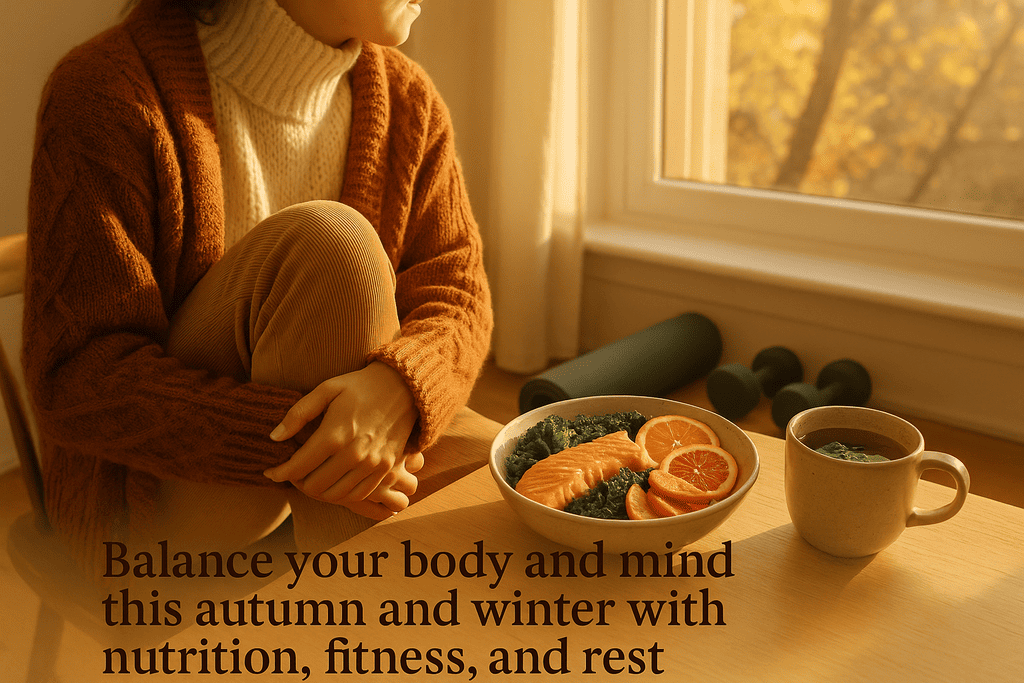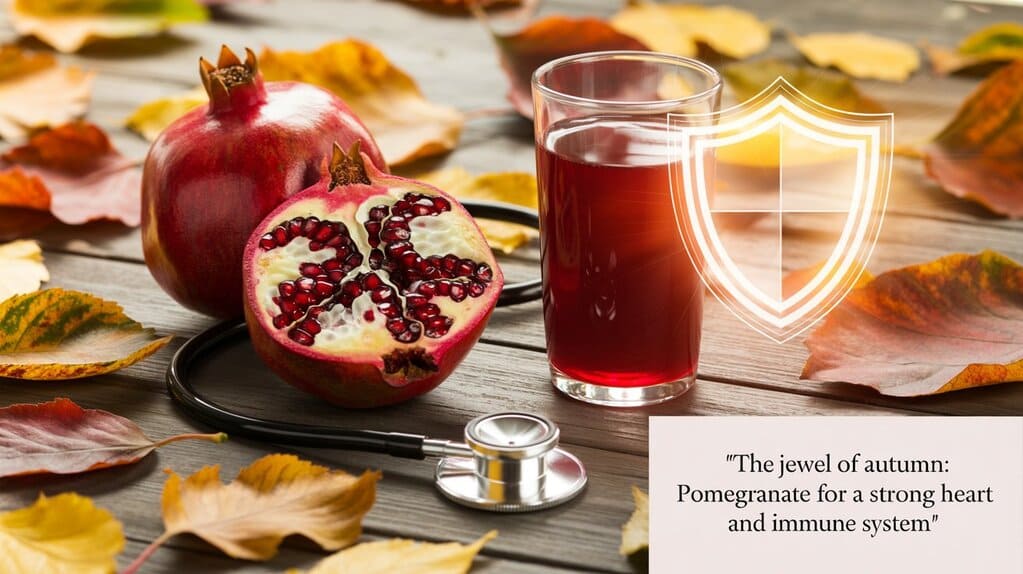Introduction
As temperatures rise and days grow longer, summer brings with it a unique set of opportunities and challenges for our health and wellness. While the sunny season is often associated with vacations, outdoor activities, and a vibrant lifestyle, it can also pose significant health risks if precautions are not taken. From dehydration and heatstroke to sunburn and foodborne illnesses, summer can strain the body in ways many underestimate.
This article explores how summer affects our health, presents scientifically-backed advice on how to protect and optimize well-being during hot months, and highlights the importance of hydration, nutrition, skin protection, and physical activity. With references from Wikipedia, Mayo Clinic, Harvard Medical School, and The New England Journal of Medicine, this guide offers a clear, reliable path to making the most of summer—safely and healthily.

How Summer Affects the Human Body
The human body is designed to maintain an internal temperature around 37°C (98.6°F). In hot environments, the body tries to cool itself through sweating and vasodilation. But excessive exposure to heat without proper care can lead to heat-related illnesses such as:
- Heat exhaustion
- Heatstroke
- Dehydration
- Sunburn
- Hyponatremia (from excessive sweating and water consumption without electrolytes)
According to a 2023 study by the World Health Organization (WHO), over 70,000 deaths in Europe during the summer of 2022 were attributed to extreme heat—highlighting the urgency of understanding and managing summer-related health risks.
Key Health Concerns in Summer
1. Dehydration and Electrolyte Imbalance
Dehydration is one of the most common issues in summer, especially among children, the elderly, and outdoor workers. When the body loses more fluids than it takes in, it can lead to fatigue, dizziness, confusion, and low blood pressure.
Tip: Drink at least 2–3 liters of water daily, and consider electrolyte-rich drinks (like coconut water or sports beverages) during prolonged outdoor activities.
Chart: Signs of Dehydration vs. Heatstroke
| Symptom | Dehydration | Heatstroke |
|---|---|---|
| Dry mouth | ✅ | ❌ |
| High body temperature | ❌ | ✅ (≥ 104°F / 40°C) |
| Sweating | ✅ (initially) | ❌ (may stop later) |
| Confusion or unconsciousness | ⚠️ Possible | ✅ Common |
| Rapid pulse | ⚠️ Sometimes | ✅ Yes |
2. Skin Protection and Sun Safety
UV rays are strongest between 10 a.m. and 4 p.m., increasing the risk of sunburn, skin damage, premature aging, and skin cancer. According to the American Academy of Dermatology, one in five Americans will develop skin cancer by age 70, and excessive sun exposure is a leading factor.
Use SPF 30+ sunscreen, wear wide-brimmed hats, UV-protection sunglasses, and light, breathable clothing to prevent damage.
Study Highlight:
A 2022 research article in the Journal of Clinical Oncology found that regular use of sunscreen reduced the incidence of melanoma by 50%, making it a critical preventive measure during summer.
3. Food Safety and Nutrition in Hot Weather
High temperatures accelerate food spoilage, increasing the risk of foodborne illnesses like salmonella or E. coli infections. Additionally, poor appetite in the heat can lead to nutritional deficiencies.
Recommendations:
- Eat fresh fruits and vegetables high in water content (like watermelon, cucumber, oranges).
- Avoid mayonnaise-based salads, unrefrigerated meats, and dairy at picnics.
- Ensure proper refrigeration and cooking temperatures.
Top Hydrating Summer Foods
| Food | Water Content (%) |
|---|---|
| Cucumber | 96% |
| Watermelon | 92% |
| Strawberries | 91% |
| Lettuce | 95% |
| Oranges | 86% |

4. Physical Activity and Heat Regulation
While summer is ideal for outdoor exercise, heat can lead to overexertion. It’s essential to adjust physical activity based on temperature and humidity.
Exercise Tips in Summer:
- Schedule workouts early in the morning or after sunset.
- Wear moisture-wicking fabrics.
- Replenish fluids every 20 minutes during activity.
- Monitor for signs of overheating: headache, nausea, confusion.
Expert Insight:
Dr. Edward Phillips of Harvard Medical School advises, “In hot weather, a 30-minute workout can feel like an hour to your body. Heat forces your cardiovascular system to work harder.”
Special Health Considerations for Vulnerable Populations
Children
Children’s bodies are less efficient at regulating temperature. Ensure they:
- Stay hydrated
- Wear protective clothing
- Take frequent breaks from sun exposure
Elderly People
Older adults may have reduced sweat gland activity or take medications that impair temperature regulation.
Tip: Encourage cool showers, air-conditioned environments, and electrolyte-rich beverages.
Pregnant Women
Pregnancy increases the body’s basal temperature. Pregnant women should avoid direct sun exposure, overexertion, and ensure adequate hydration.

Mental Health in Summer
Interestingly, while Seasonal Affective Disorder (SAD) is commonly associated with winter, a subset of people experience summer-onset SAD. Symptoms include:
- Insomnia
- Irritability
- Appetite loss
- Anxiety
According to a 2023 article in Psychiatry Research, nearly 10% of SAD cases are summer-related, often triggered by heat, disrupted routines, or body image anxiety.
Solutions:
- Keep indoor spaces cool and dark
- Maintain a consistent sleep schedule
- Engage in stress-reducing activities like yoga or swimming
Latest Scientific Studies on Summer Health
Several recent studies reinforce the importance of summer health strategies:
- Lancet Planetary Health (2023): Extreme heatwaves in urban areas increased emergency hospital visits by 22%, especially for respiratory and cardiovascular conditions.
- Nature Reviews Endocrinology (2024): High summer temperatures can impair metabolic function, worsening conditions like diabetes and hypertension.
- Mayo Clinic Proceedings: Heat-induced dehydration is linked to kidney stones, especially in adults between 30–50.
Conclusion
Summer is a season of brightness, freedom, and vitality—but it also demands conscious care and preventive habits. By understanding how heat impacts the body, prioritizing hydration, using sunscreen, eating nutrient-rich foods, and maintaining safe exercise routines, individuals can thrive in summer while minimizing risks.
The key to a healthy summer is balance—enjoying nature and sunshine while respecting the body’s limits and needs. With informed choices and the guidance of modern medicine, summer can truly become the healthiest season of the year.
Key Takeaways
- Hydration is critical: Drink 8–12 cups daily, increase with activity.
- Protect your skin: Use SPF 30+, seek shade during peak UV hours.
- Eat smart: Focus on water-rich fruits and safe food storage.
- Exercise wisely: Avoid the midday sun and watch for overheating.
- Monitor mental health: Seek cool, restful spaces and reduce stress.
References
- Mayo Clinic – Heat Illness
- Wikipedia – Dehydration
- American Academy of Dermatology – Sunscreen Guide
- Harvard Health – Summer Exercise Tips
- Lancet Planetary Health, 2023
- Psychiatry Research – Summer SAD, 2023
- Nature Reviews Endocrinology – Heat and Metabolism, 2024
- Mayo Clinic Proceedings – Kidney Health and Hydration







